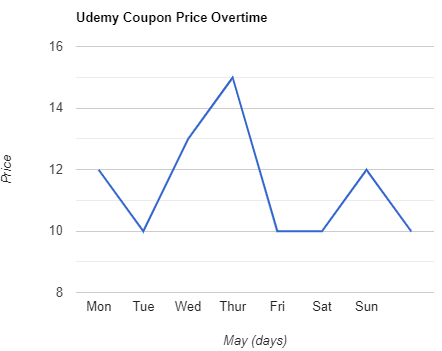Improving Deep Neural Networks: Hyperparameter tuning, Regularization and Optimization
If you want to break into AI, this Specialization will help you do so. Deep Learning is one of the most highly sought after skills in tech. We will help you become good at Deep Learning.In five courses, you will learn the foundations of Deep Learning, understand how to build neural networks, and learn how to lead successful machine learning projects. You will learn about Convolutional networks, RNNs, LSTM, Adam, Dropout, BatchNorm, Xavier/He initialization, and more. You will work on case studies from healthcare, autonomous driving, sign language reading, music generation, and natural language
Created by: Andrew Ng
 Quality Score
Quality Score
Overall Score : 100 / 100
 Live Chat with CourseDuck's Co-Founder for Help
Live Chat with CourseDuck's Co-Founder for Help
 Course Description
Course Description
 Instructor Details
Instructor Details

- 5.0 Rating
 144 Reviews
144 Reviews
Andrew Ng
Andrew Ng is Co-founder of Coursera, an and Adjunct Professor of Computer Science at Stanford University. His machine learning course is the MOOC that had led to the founding of Coursera! In 2011, he led the development of Stanford University's main MOOC (Massive Open Online Courses) platform and also taught an online Machine Learning class to over 100,000 students, thus helping launch the MOOC movement and also leading to the founding of Coursera.Ng also works on machine learning, with an emphasis on deep learning. He had founded and led the "Google Brain" project, which developed massive-scale deep learning algorithms. This resulted in the famous "Google cat" result, in which a massive neural network with 1 billion parameters learned from unlabeled YouTube videos to detect cats. Until recently, he led Baidu's ~1300 person AI Group, which developed technologies in deep learning, speech, computer vision, NLP, and other areas.





